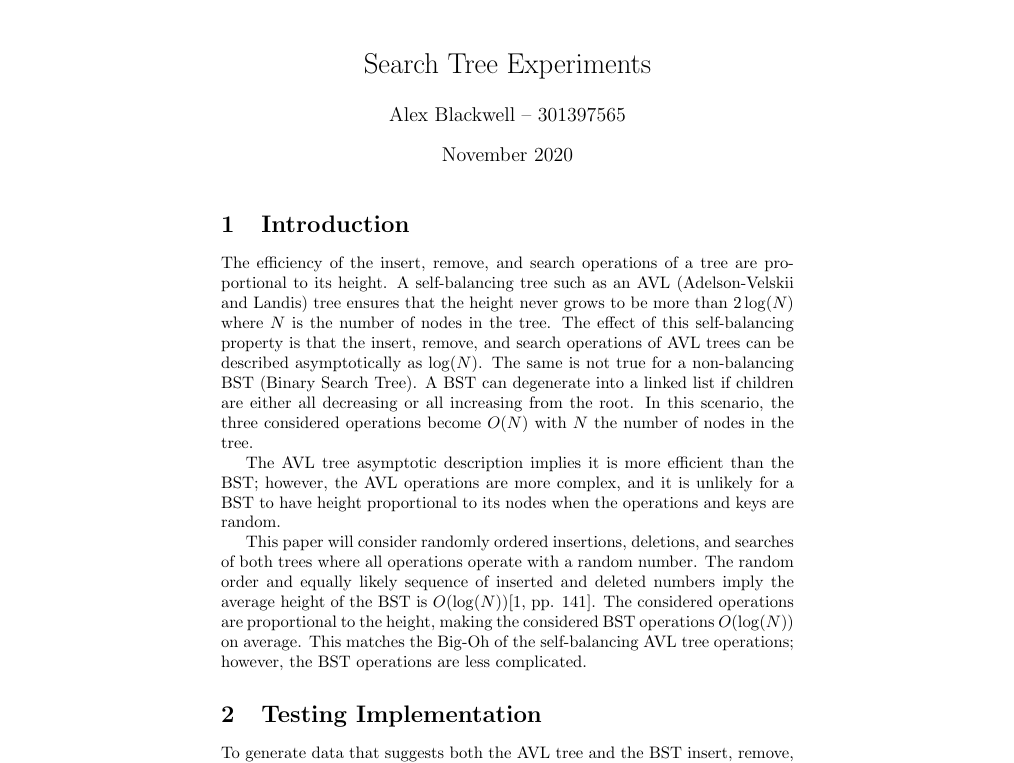Hello, and welcome to my website! I hope you’re getting at least $20-worth out of viewing it right now since that’s how much it costs
me to keep it up each year and I think you’re my first visitor. I’m kidding, but really I only get about 5 views a month—on a good month.
So what is this website for? I’ve decided it’s a place for me to (1) brag about myself, (2) host simple websites I’ve made, and (3) hold
on to this domain name until I eventually outrank the famous cricket player:
Alex Blackwell.
To get started off with (1), let me tell you about myself. I started programming in highschool and I thought I was so good that
I may not need to go to university at all. I started as a computer science student at SFU in 2019 where I did my first computer
course and I swear I got over 100%. Maybe my idea about university was correct? Nope! The next term I got the worst mark of my university
career in my second computer course. That bad mark sent me on a redemption arc since I was getting passed by my fellow undergraduate peers
despite programming for years before them.
That summer was the “COVID summer” and I wasn’t able to find work. (Thank God because I didn’t want to work retail anyway.) Instead, I was
hell-bent on doing well in my next computer science course; I started competitive programming, leetcoding, and reading the C++ textbook that
the course was based on. A lot of the projects linked from this website were developed in that summer—so you’re not allowed to make fun of
them because I had only just finished first year. And: I have to say it, I had improved over that summer. Since that summer I was able to
get some pretty good marks and land an internship at Demonware.
I did an 8-month internship at Demonware through the SFU CO-OP program, and after the 8-months were up I accepted an offer to work once a
week while finishing up my university degree. I mean, I guess it was less “finishing up” my degree and more “starting the second half of
it.” For two of the four year degree I was working part time at Demonware while doing a full course load at SFU. I don’t think I really
realised how busy I was until I finished the degree, took a deep breath, and wondered what I like to do in my free time. I’m still
figuring that out, but in the (little) free time I had I started brewing kombucha, long distance running, and painting with acrylics.
This course was insane! The class called this our “vanity course,” because no one was taking it for any other reason than that it sounded cool. This course was by far the most technically challenging course I did at SFU; it was also an elective. I definitely did not need to take this course but I wanted to know if I was going to need to write quantum programs in the future. My conclusion: probably not. Quantum computing is really interesting because we have some algorithms that can reduce the asymptotic complexity ready to go! The only limitation is the hardware. Unfortunately, the hardware is a big issue. The rate at which errors occur in quantum circuits is so high compared to classical circuits that much of the research in quantum computing is not “how can we make this algorithm,” but instead, “how can we error-correct this algorithm such that the number of gates used doesn’t explode larger than the number of qubits available.” I will say, while quantum computing is not mainstream, it is an interesting area of computing science that has so much unknown for us to research and discover in the future.
This course was taught by Martin Ester who was a pioneer in data mining. In fact, he invented the famous clustering algorithm DBSCAN. This course really brought me 0-100 in data mining, and for that it’s one of my favourite courses. We covered classification, clustering and association rules which ended up being a great intro to the topic, especially because we went in-depth into each of the three topics.
Apparently every year this course cuts classical techniques in computer vision and delves deeper into using deep learning. I was glad I had the opportunity to take this course since it was my main exposure to deep learning; I would feel like I missed out if I went through my undergraduate without touching on deep neural networks. This course is a deep dive on classification, object detection, and instance segmentation using deep neural networks. We also covered 3D object reconstruction at the end of the year. This is where we can construct an object in 3D given just a few photos at different angles. This contrasted the majority of the year since classical techniques still dominate deep learning at this task. This unit was especially interesting because the professor (Yasutaka Furukawa) worked at Google on Google Maps developing 3D reconstructions.
I have the most experience with Python and C++.
I’ve used the following languages in university courses. So, I’ve at least written a couple hundred lines with them… but I would
definitely have to brush up before writing with them again: JavaScript, Java, C, Haskell, Kotlin, Bash, R, MATLAB, SAS, X86-64
Assembly.
Vancouver, May 2023 - Present
Vancouver, December 2021 - May 2023
Vancouver, April 2021 - December 2021
Remote, March 2021 - May 2021
Remote, May 2020 - September 2020
Watch out! I did these between the end of highschool and my second year of university. So don't look at them too
closely—I really should burn the code at this point. I swear I'm a good software developer...
RATE MY MEDICATION (2nd year)
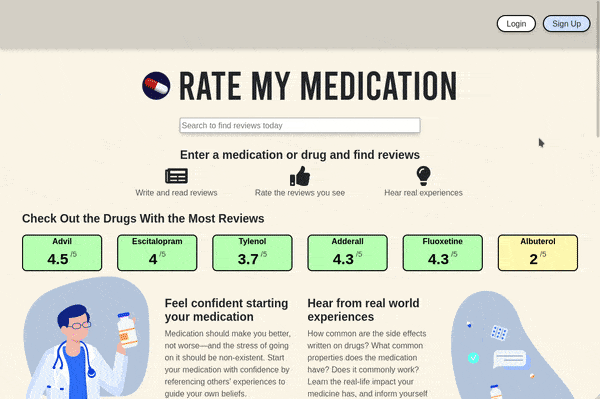
BIAS MONITOR (2nd Year)
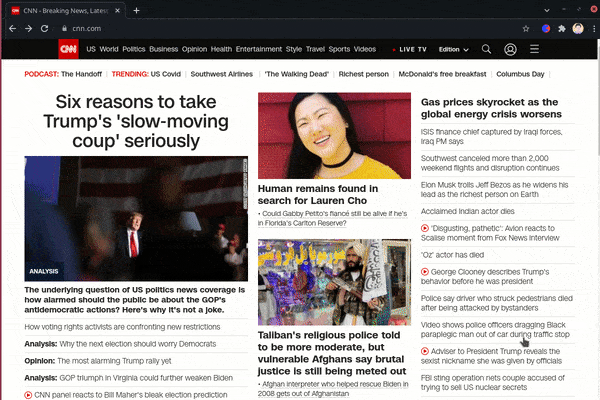
WATER PREDICTION (2nd Year)
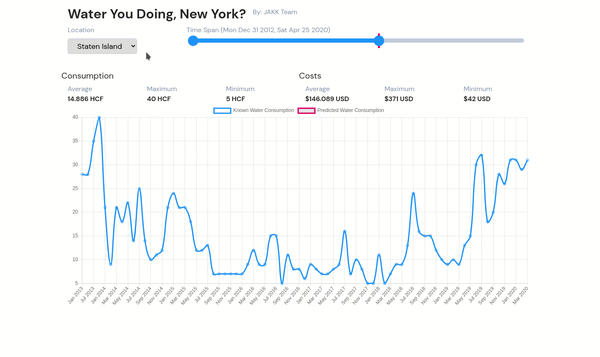
BIRD WATCHER (1st Year)
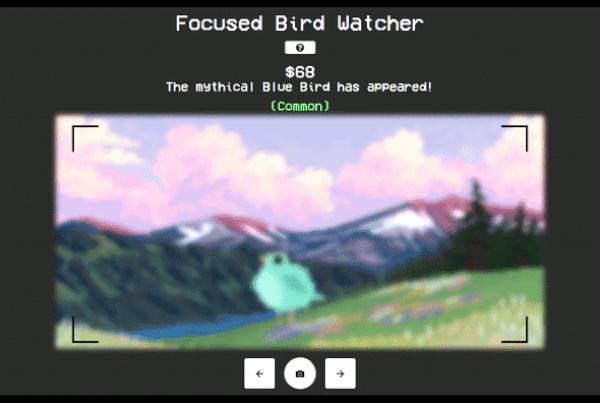
GUITAR CHORD LOOKUP (1st Year)
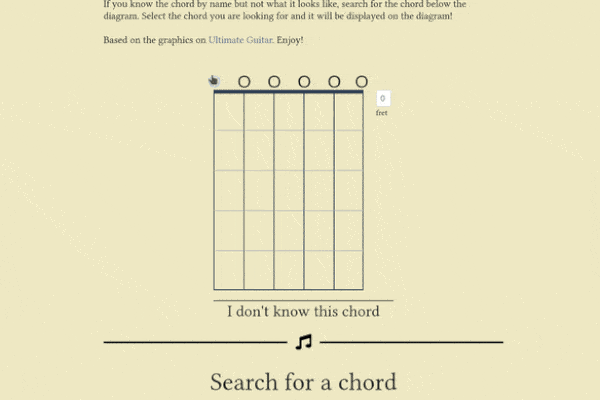
MARKET SIMULATOR (Highschool)
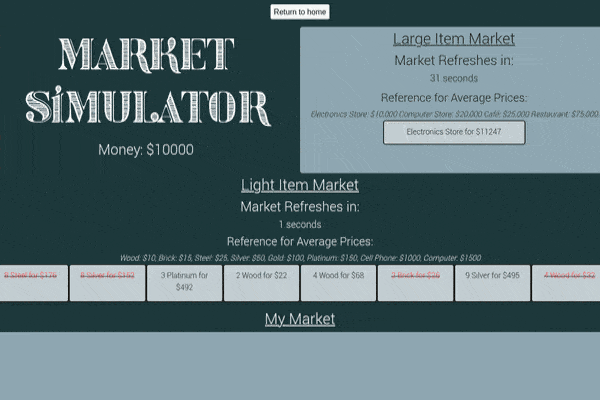
BRAILLE CONVERTER (1st Year)
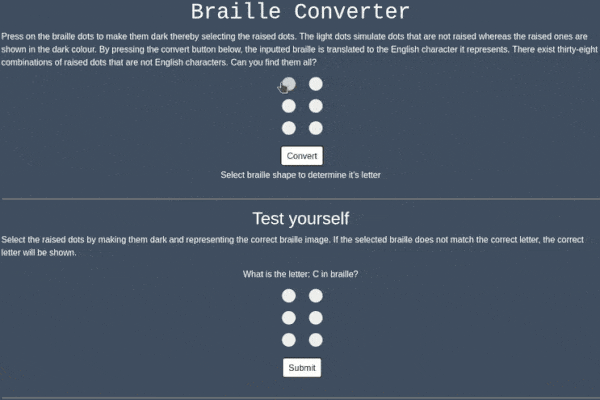
MERGE SORT SIMULATOR (1st Year)
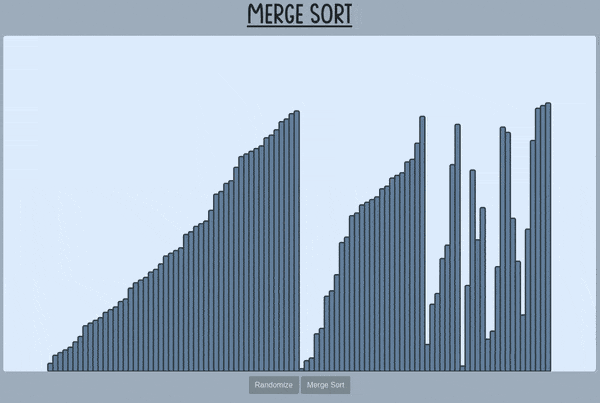
COPY PASTE ANYTHING (2nd Year)

MUSIC DOWNLOADER (Highschool)
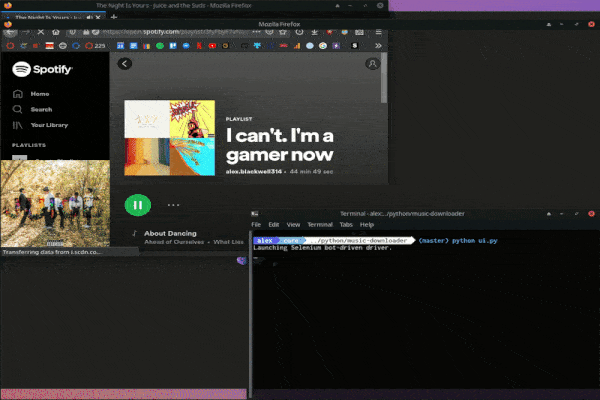
ASCII ART (Highschool)
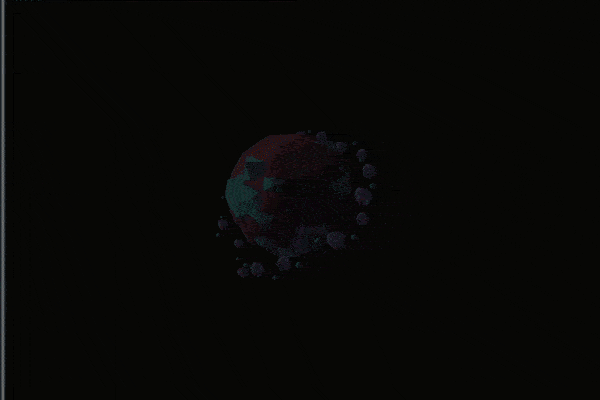
KARTING GAME (2nd Year)
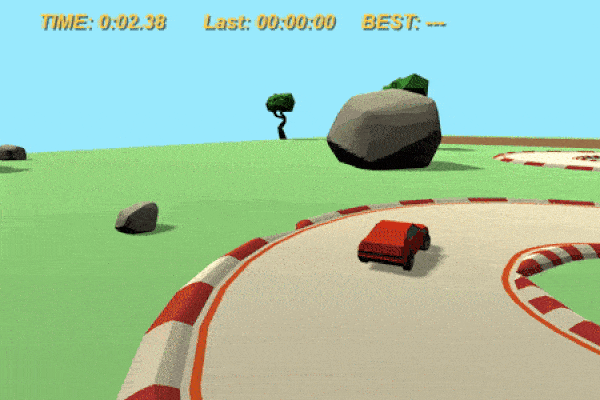
CSS MINIFIER (2nd Year)
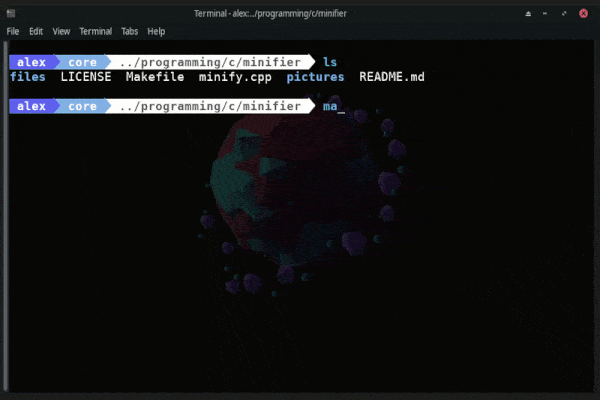
QR-CODE EXTENSION (1st Year)
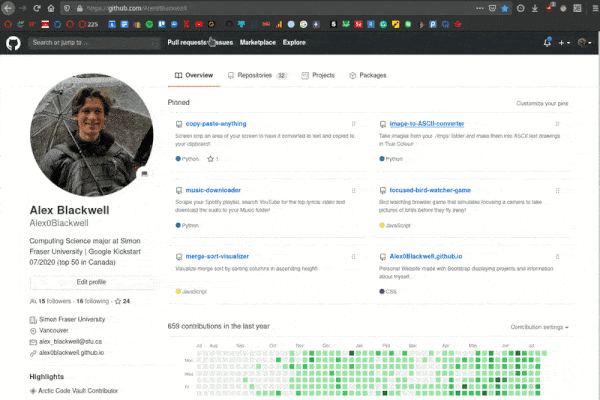
QUANTUM COMPUTING (GROVER'S)
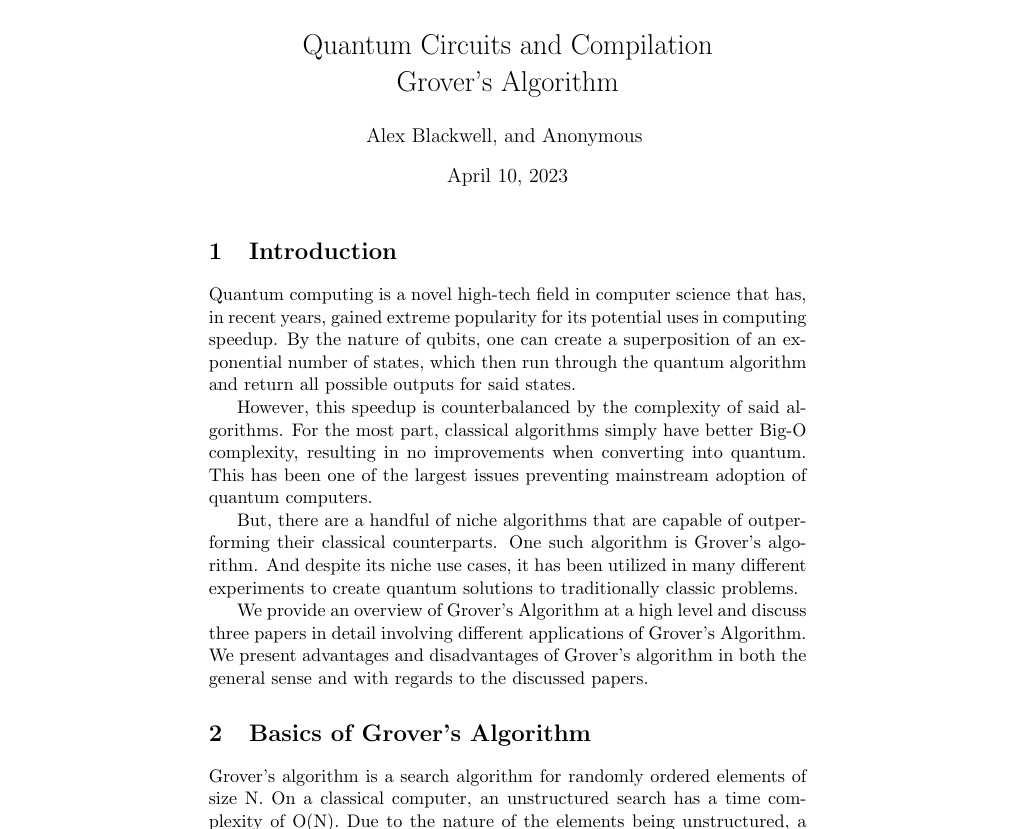
BOREALIS AI TIME-SERIES ML
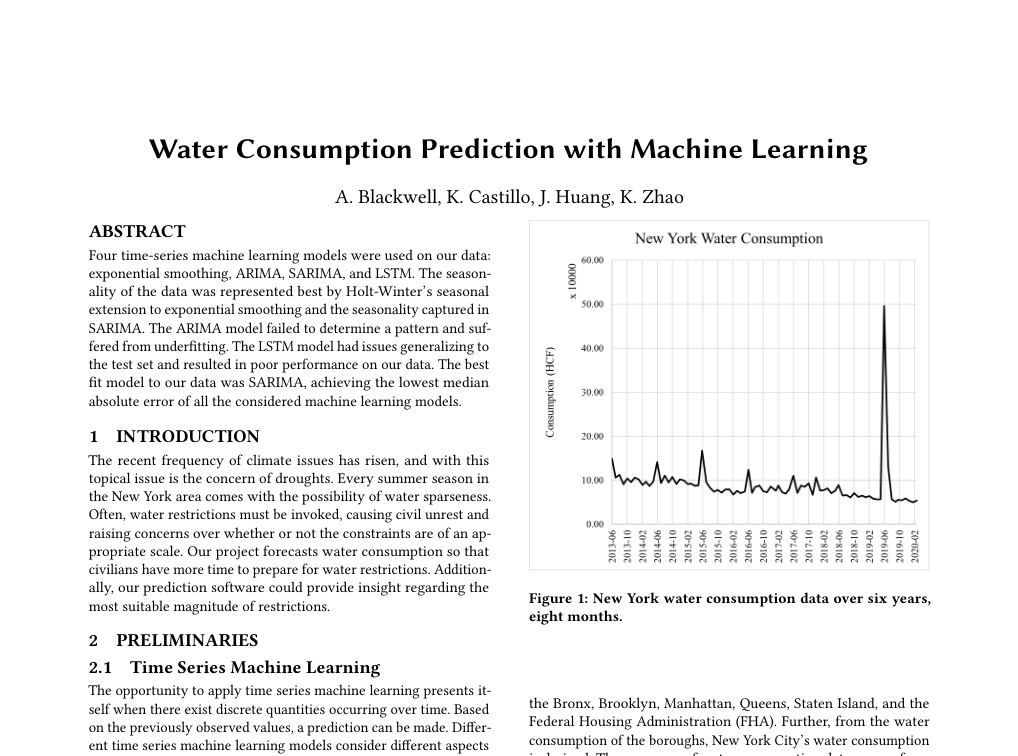
BST AND AVL OPERATION ANALYSIS
